Notably, in the industrial raw material market, palm oil prices increased by more than 4.5% due to increased demand for biofuel. On the contrary, oil prices turned to weaken after signals that tensions between Israel and Iran were easing.
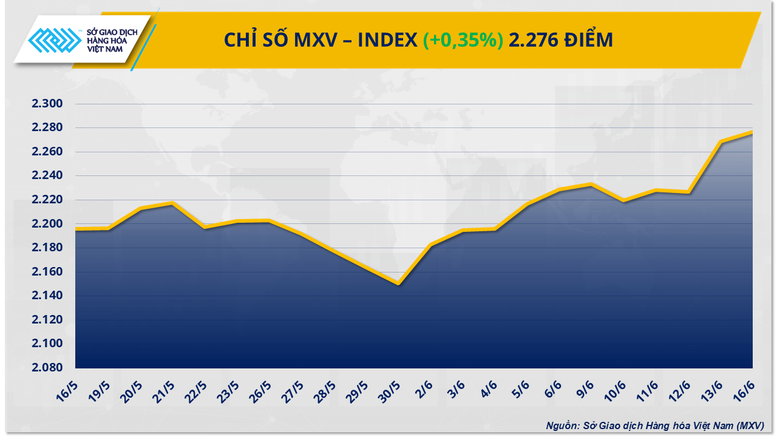
Palm oil prices rise sharply
At the end of the first trading session of the week, buying power dominated the industrial raw material market with 6/9 items increasing in price. Of which, Malaysian palm oil price on Bursa increased by 4.51% to 968.4 USD/ton.
Meanwhile, demand from India and China continues to grow strongly. India imported 593,000 tonnes of palm oil in May alone, a six-month high and up 84% from the previous month, to replenish domestic inventories. In China, although it has revised down its olein import plan by about 2 million tonnes due to high palm oil prices, the country has maintained stable purchasing power to serve food and industrial needs, especially during the peak summer consumption season.
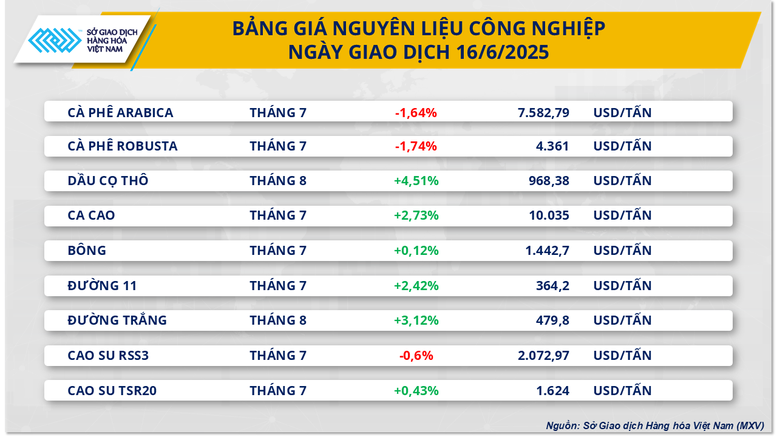
Indonesia, the world’s leading palm oil producer, continues to boost domestic consumption through its B40 biofuel program. The program is expected to absorb about 14.9–15.6 million tons of palm oil for biodiesel production in 2025, 3–4 million tons higher than in 2024, which could significantly reduce the amount of palm oil available for export. In addition, Indonesia’s increase in export tax on crude palm oil from 7.5% to 10% and refined palm oil from 4.5% to 7.5% also contributed to narrowing the supply of palm oil in the global market.
Developments in alternative vegetable oil markets have also provided support for palm oil prices. Global sunflower oil production is expected to decline to around 20 million tonnes in 2025 as the conflict between Ukraine and Russia continues to disrupt supplies. Meanwhile, soybean oil has also been under pressure due to strong demand and rising freight costs, despite some reductions in import costs due to lower farmgate values. This has made palm oil more competitive compared to soybean and sunflower oils, encouraging buyers to switch to palm oil for biodiesel and other products.
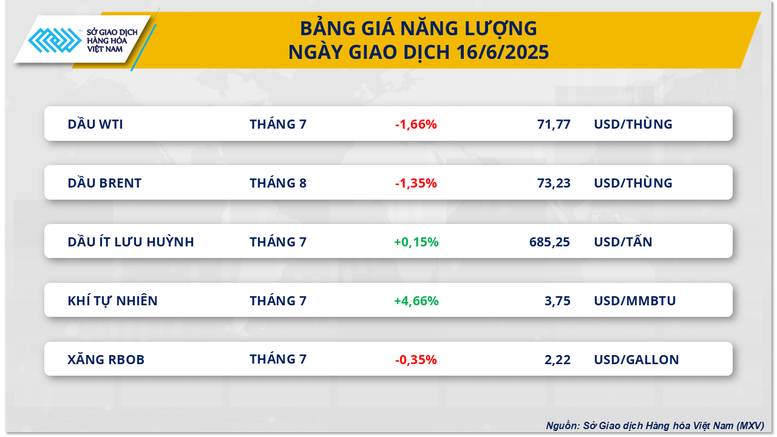
Tensions in the Middle East cool down, oil prices turn down
In the energy market, the upward momentum of oil prices since the end of last week stopped in yesterday's trading session, after the first signs of cooling down in the tension between Israel and Iran. At the end of the session, Brent crude oil prices fell 1.35% to 73.23 USD/barrel, while WTI crude oil also lost 1.66%, closing at 71.77 USD/barrel.
Previously, the oil price increase had slowed down at the beginning of yesterday's trading session when there were signs that oil prices may have fallen into the "overbought" zone, prompting profit-taking activities from investors.
At the same time, the market has also begun to reassess the actual impact of the Israel-Iran conflict on global oil supplies. Currently, this conflict has not completely disrupted Iran's crude oil production and exports, most of which are still directed to the Chinese market. In addition, analysis also pointed out the serious damage that Iran could face if it closed the Strait of Hormuz, thereby reducing market concerns.
In another development, OPEC has just released its June oil market report, which recorded that the total output of the OPEC+ group in May reached 41.23 million barrels/day, an increase of 180,000 barrels/day compared to the previous month. However, this increase is still significantly lower than the original plan of increasing 411,000 barrels/day in May.
Source: https://baochinhphu.vn/thi-truong-hang-hoa-nguyen-lieu-the-gioi-tiep-tuc-bien-dong-102250617125115056.htm








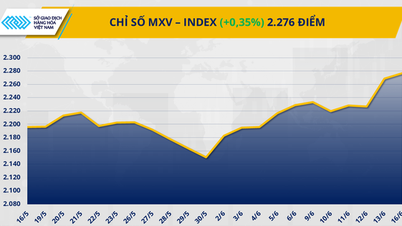

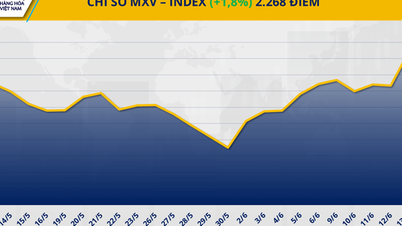
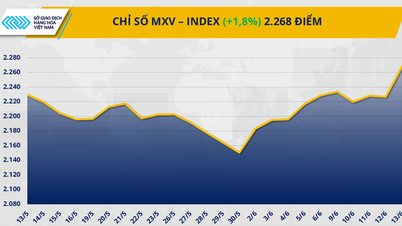


























































































Comment (0)